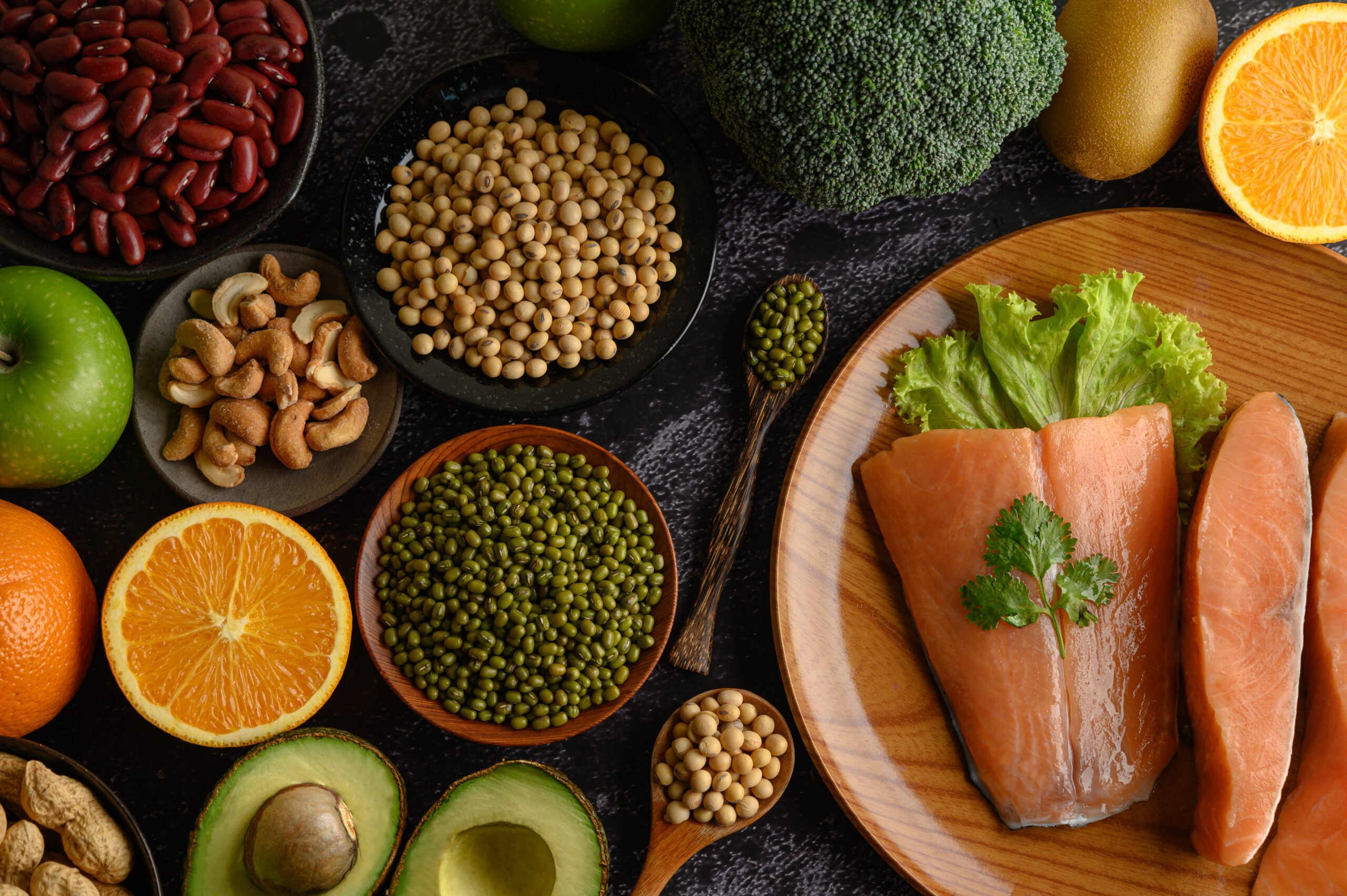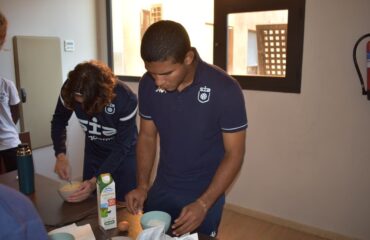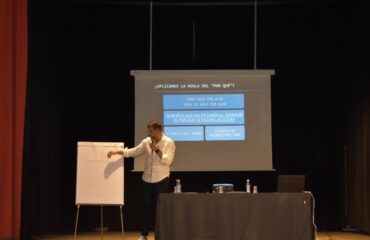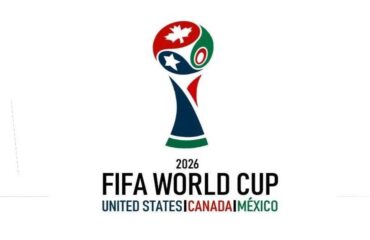
Effective recovery is a fundamental part of athlete performance, especially in the context of professional football. After strenuous training and competitive matches, the body needs to recover properly to maintain a high level of performance on the field.
One of the key aspects of optimal recovery is the management of macronutrient loading, i.e. the amount and type of carbohydrates, proteins and fats consumed.
This article aims to explore the importance of macronutrient loading in the recovery process of professional football athletes, highlighting specific nutritional guidelines and strategies that can help optimise performance and prevent injury.
Macronutrients
Carbohydrates: Fuel for recovery

Carbohydrates are the main source of energy for athletes. After intense training or a match, muscle and liver glycogen levels drop considerably.
Replenishing these glycogen stores is essential for effective recovery. Rapidly digestible carbohydrates, such as foods rich in glucose and maltodextrin, are ideal immediately after physical activity to replenish muscle glycogen. However, slow-digesting carbohydrates, such as starchy foods, are essential to maintain a steady flow of energy during the hours after activity, promoting long-term recovery.
Protein: Muscle repair and growth
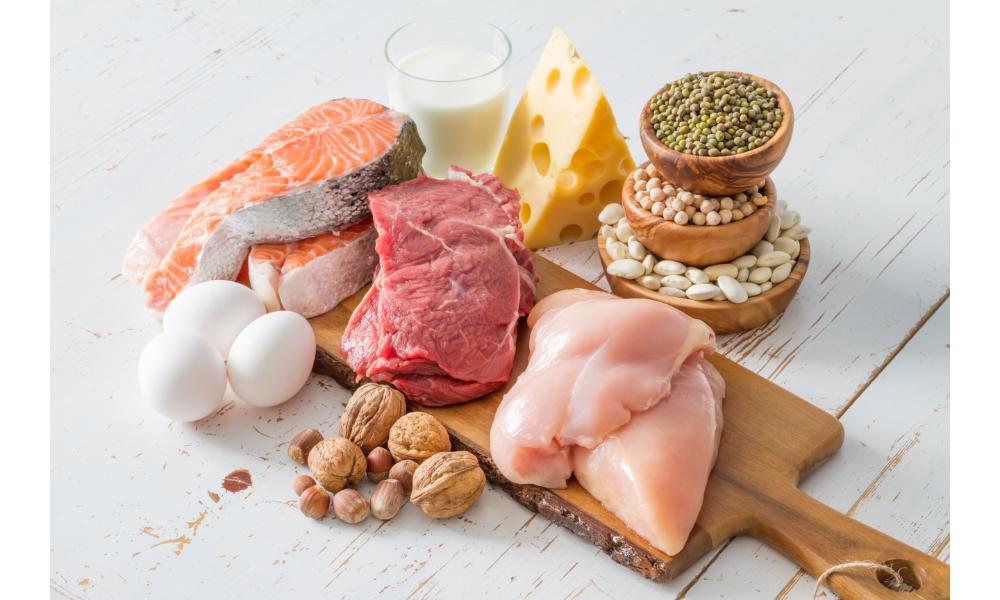
Protein plays an essential role in recovery as it is responsible for muscle repair and growth. After exercise, a process of muscle breakdown occurs which must be counteracted by protein synthesis. To promote optimal recovery, it is crucial to consume high-quality protein in the hours following exercise. Sources such as lean meats, fish, eggs and dairy products are rich in essential amino acids, which are the building blocks necessary for muscle repair and growth.
Fats: Importance in hormone regulation

Although often underestimated, fats play a critical role in hormone regulation and immune function. Consuming healthy fats, such as those found in olive oil, avocados and nuts, is essential for maintaining proper hormone balance and strengthening the immune system. These aspects are essential to prevent injury and illness in high-performance athletes.
Fundamental aspects for a correct recovery

Hydration: Fundamental in recovery
Hydration is a key component in the recovery of athletes. During physical activity, fluids and electrolytes are lost through sweat. Fluid replenishment is essential to maintain the body’s water balance and facilitate recovery. Drinking water and sports drinks containing electrolytes is crucial to avoid dehydration and its negative effects on performance.
Nutritional timing:
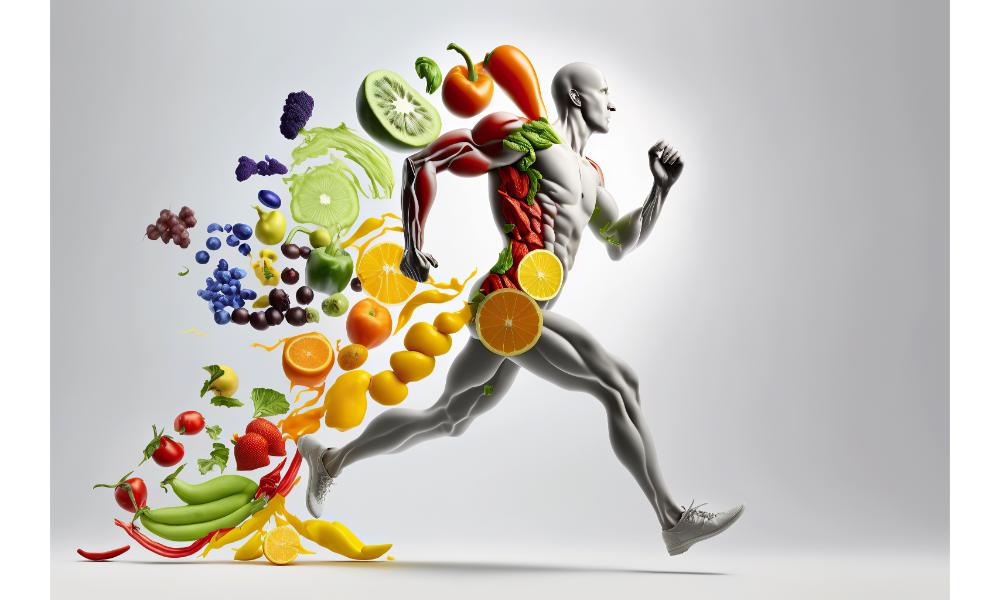
The anabolic window that in the past has given so much to talk about, nowadays it is also structured, although it should be said that not in such an extreme way.
It is necessary that after the physical effort, whether training or match, it is of vital importance to supply the athlete’s body with the necessary nutrients for a correct repair of the damaged muscle tissues and prepare the body for the next workload. It is therefore advisable to consume quality carbohydrates and protein within the first few hours after exercise.
Micronutrients:
Vitamins and minerals play a crucial role in numerous metabolic processes, including recovery. Ensuring that athletes receive sufficient vitamins and minerals through a balanced diet or supplements is important.
Natural anti-inflammatories:
Some foods and nutrients, such as omega-3 fatty acids found in fatty fish, may have anti-inflammatory properties that aid in recovery after exercise.
Foods rich in antioxidants:
Antioxidants, present in fruits and vegetables, can help reduce oxidative stress caused by intense exercise and promote recovery.
Rest and sleep:
Nutrition is closely related to rest and sleep. A proper diet can improve sleep quality, which is essential for proper recovery.
Individualisation:
Nutritional needs vary from athlete to athlete. It is essential to tailor nutritional guidelines to the specific needs of each athlete, considering factors such as type of sport, intensity, age and gender.
Controlled supplementation:
In some cases, supplementation with specific nutrients may be necessary. However, it should be done under the supervision of a health professional, as excessive supplementation can be detrimental.
Continuous monitoring:
It is important to closely monitor athletes’ response to their nutritional plan and make adjustments as necessary. Regular assessment through anthropometry and other complementary tests is essential.

Conclusions
Macronutrient loading plays a vital role in the recovery of professional football athletes. Adequate carbohydrate, protein and fat replenishment, along with optimal hydration, is essential to maintain high performance and prevent injury.
Personalised nutritional plans, tailored to the individual athlete’s needs, are essential to ensure effective and sustainable recovery throughout the season. Sports nutritionists play a crucial role in developing and monitoring these strategies, contributing to the success of athletes and professional football teams.



